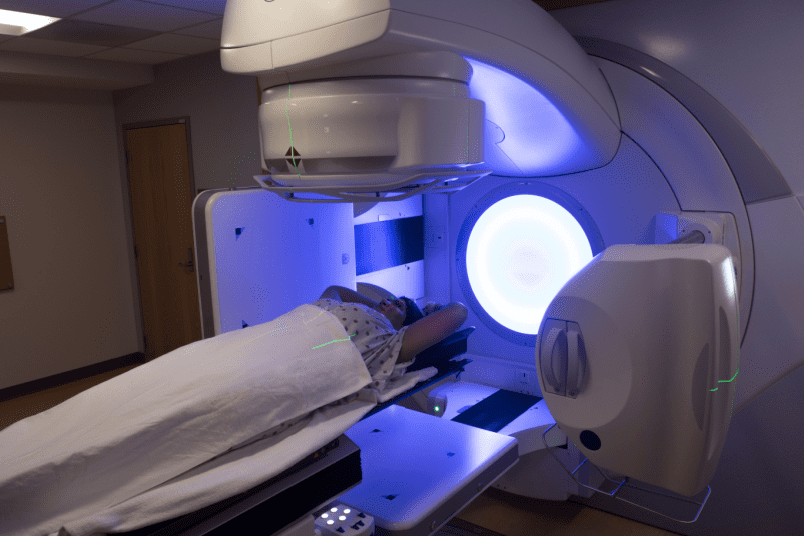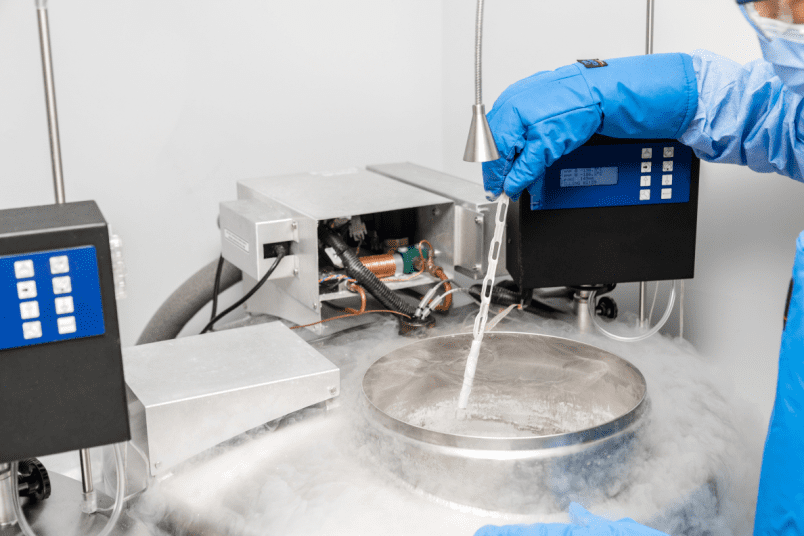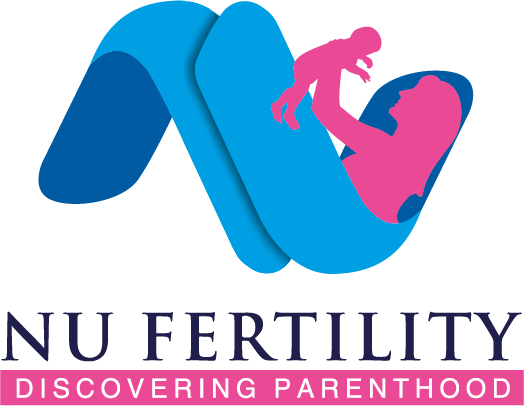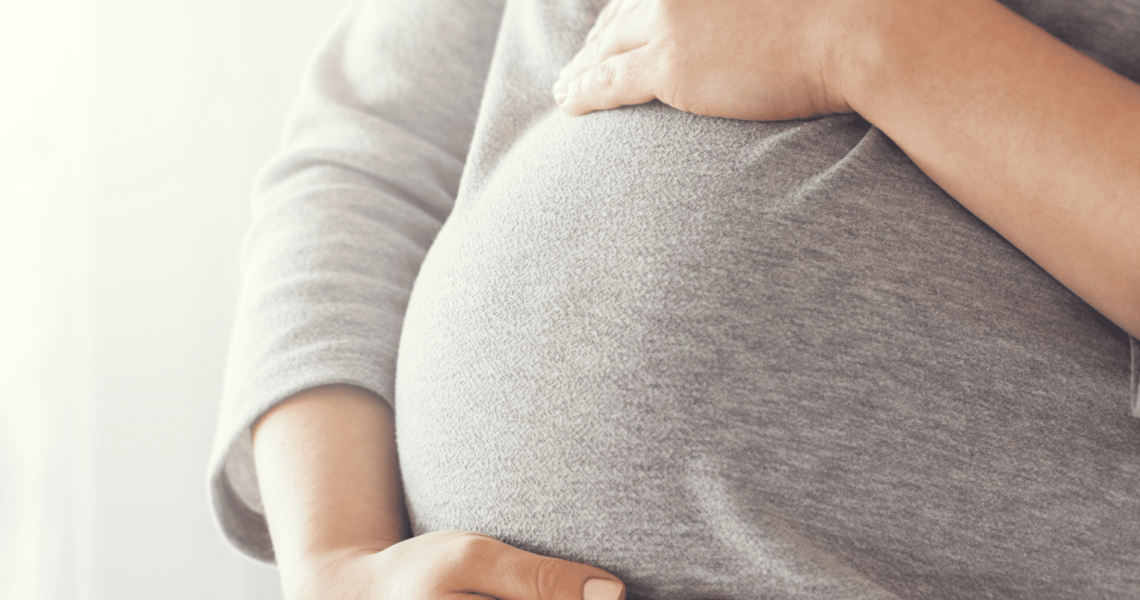Fertility preservation is a crucial consideration for cancer survivors facing potential impacts due to their treatment on their reproductive health. As medical advancements improve cancer treatment outcomes, the focus on preserving fertility has grown, addressing the unique challenges that cancer survivors face.
How does cancer treatment affect fertility?

Cancer treatment can significantly impact fertility due to the aggressive nature of treatments such as chemotherapy, radiation, and surgery. Chemotherapy, while effective in targeting rapidly dividing cancer cells, can also harm healthy cells, including those in the reproductive system. The drugs used may cause damage to the ovaries, affecting egg production and potentially leading to premature ovarian failure. Some chemotherapy drugs can also lead to male infertility.
Radiation therapy, especially when directed towards the pelvic region, can damage reproductive organs, and disrupt their normal function. This may result in a decreased ovarian reserve or impaired sperm production in men. Surgical interventions, depending on the extent and location, may also impact fertility by causing damage to reproductive organs or disrupting their normal anatomy.
The effects on fertility vary among individuals and depend on factors such as the type and dosage of treatment, age, and overall health. Younger patients generally face a higher risk of fertility-related complications as their reproductive systems are still developing.
Moreover, the psychological stress associated with cancer diagnosis and treatment can contribute to fertility challenges. The emotional toll, coupled with the uncertainty of future fertility, may affect sexual health and relationships.
It is crucial for cancer patients to discuss fertility preservation options with their healthcare provider before starting treatment. Understanding the potential effects of cancer treatment on fertility and exploring fertility preservation options can empower individuals to make informed decisions about their reproductive health.
Methods of fertility preservation

Fertility preservation techniques provide a way of protecting fertility for individuals who need to undergo cancer treatment. There are several types of fertility preservation techniques such as:
IVF is performed to achieve a successful and healthy pregnancy for individuals facing fertility challenges. It is used to treat many infertility issues, including:
Egg Freezing (Oocyte Cryopreservation): This method involves retrieving a woman’s eggs, which are then frozen and stored for future use. Before undergoing cancer treatment, a woman undergoes ovarian stimulation to produce multiple eggs, which are then harvested, frozen, and stored until she is ready to use them. The cost of egg freezing in Bangalore may vary depending on the clinic.
Embryo Cryopreservation: In this approach, a woman’s eggs are fertilized with sperm via in vitro intracytoplasmic sperm injection (IV-ICSI) to create embryos, and these embryos are then frozen. After the cancer treatment has been completed and the woman is ready to get pregnant, the embryo is thawed and transferred to the woman’s uterus. The cost of embryo freezing in Bangalore may vary depending on the clinic.
Ovarian Transposition: The process of ovarian transposition involves the removal of the ovaries from the target area of radiation therapy. This is a common choice for girls and young women undergoing pelvic radiation. Ovarian transposition can be performed before or after the onset of puberty. Generally, surgeons will move the ovaries above and away from the site of radiation, when this is planned for cancer treatment. It is recommended to perform the procedure prior to commencement of radiation therapy.
Sperm Cryopreservation: In order to preserve a man’s fertility prior to undergoing cancer treatment, sperm freezing is widely used in which a sample of the man’s sperm is collected. In cases where the man is unable to produce a sample of his sperm through ejaculation, a surgical procedure, known as Testicular Sperm Extraction (TESE), is performed. This procedure involves the extraction of sperm from the testicles and the subsequent freezing and storage of the sperm. The sperm can be kept for an extended period of time without any significant impairment of viability. The collected sperm can then be used for in vitro fertilization (IVF).
Gonadal Shielding:For males undergoing radiation therapy in the pelvic region, the use of gonadal shielding can help protect the testicles from radiation exposure. If the radiation is focused on one testicle (as is the case with some types of testicular cancer), the second testicle should be protected whenever possible. This is a preventive measure aimed at minimizing damage to sperm-producing cells.
Each of these fertility preservation methods has its own advantages and considerations. The choice of method depends on factors such as the patient’s age, type of cancer, and treatment. Discussing these options with a fertility specialist before initiating cancer therapy is crucial to making informed decisions tailored to individual circumstances.
In conclusion, fertility preservation plays a pivotal role in empowering cancer survivors to build futures beyond their diagnosis. A range of methods, from cryopreservation to gonadal shielding provides individuals with choices to mitigate the potential impact of cancer treatments on their reproductive health. Integrating fertility preservation into comprehensive cancer care ensures survivors have the opportunity to embrace parenthood, post-cancer.
NU Fertility in Bangalore offers cutting-edge fertility preservation techniques. Their healthcare team, committed to reproductive health, guarantees expert care through precision and skill. If you seek fertility preservation, contact NU Fertility for specialized assistance.Preparation for IVF involves various steps including:
References:
- How Cancer and Cancer Treatment Can Affect Fertility. American Cancer Society.
https://www.cancer.org/cancer/managing-cancer/side-effects/fertility-and-sexual-side-effects/how-cancer-treatment-affects-fertility.html.
- Preserving Fertility in Females with Cancer. American Cancer Society.
https://www.cancer.org/cancer/managing-cancer/side-effects/fertility-and-sexual-side-effects/fertility-and-women-with-cancer/preserving-fertility-in-women.html.
- Preserving Fertility in Males with Cancer. American Cancer Society.
https://www.cancer.org/cancer/managing-cancer/side-effects/fertility-and-sexual-side-effects/fertility-and-men-with-cancer/preserving-fertility-in-men.html.
- Fertility Preservation. Cleveland Clinic.
https://my.clevelandclinic.org/health/treatments/17000-fertility-preservation.
Author: Dr. Sneha J



